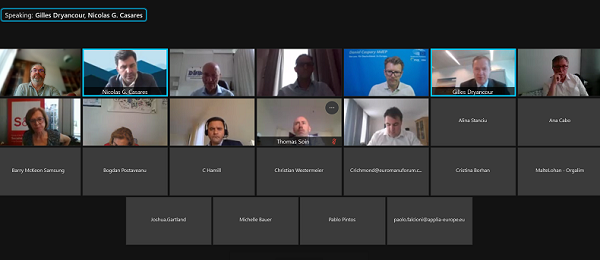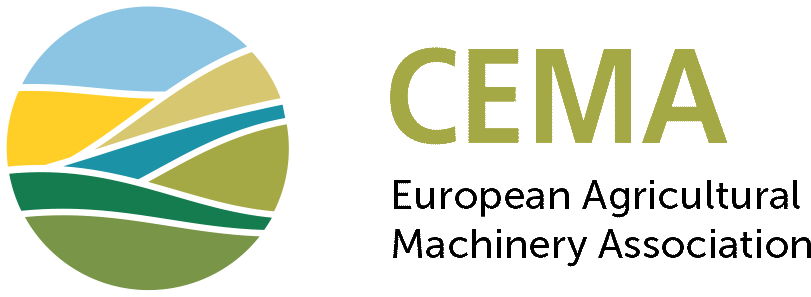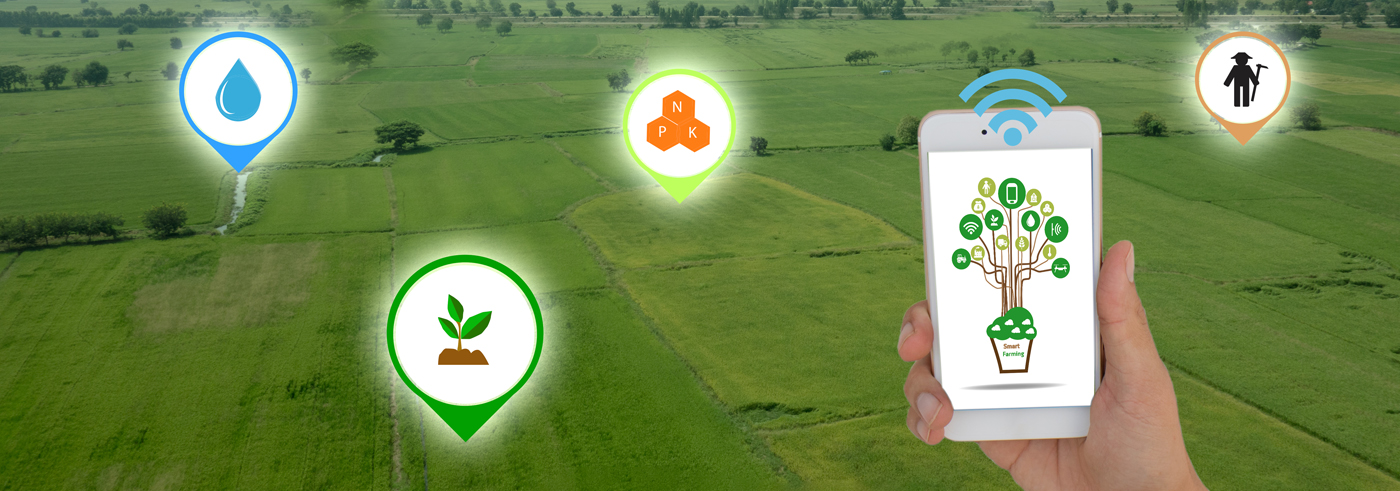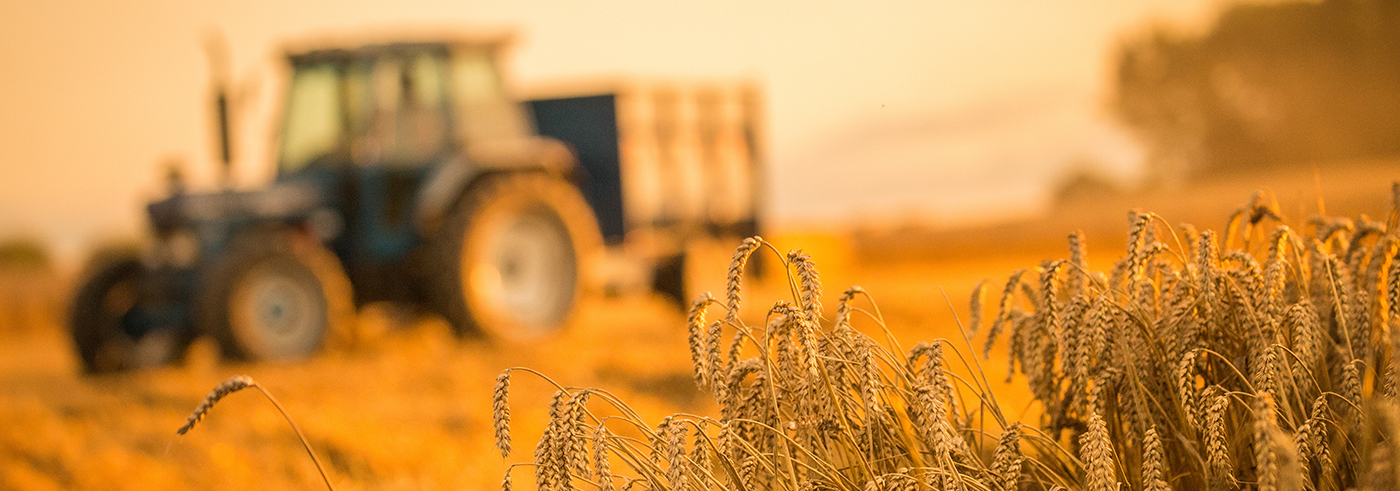EU events: CEMA takes the floor on Artificial Intelligence, Innovation in the agri-food chain and Carbon Boarder Adjustment Mechanism
14/06 – Public Hearing on “Artificial intelligence in agriculture and food security”
Francesca Hennig-Possenti, Chair of the CEMA Artificial Intelligence ad-hoc group, participated to the European Parliament’s Joint Public Hearing on “Artificial intelligence in agriculture and food security”.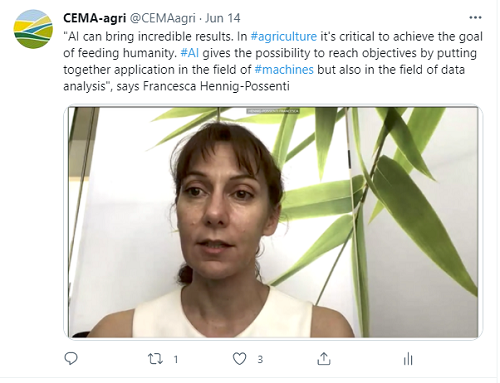
The event was split in two panels, focusing respectively on the transition towards a smarter and more sustainable future agriculture, and on the use of AI in agricultural development and in achieving food security.
Ms Hennig-Posenti brought forward the industry perspective, underlining both the great range of possibilities that AI and new technologies offer when it comes to producing more with less input use, putting together application in the field of machines and in the field of data analysis, but also the freedom that is necessary for developers to explore all the possibilities.
The panel saw also the presence of academia, with Dr Sjaak Wolfert of Wageningen University, of EU research projects, with Dr Steven Davy, coordinator of H2020 CYBELE, and of the European Commission, with Pieluigi Londero, Head of Unit Implementation support and IACS, the integrated administration and control system dealing with payments to farmers.
The hearing can be re-watched here
All additional documents are available here
14/06 – Innovation – a buzzword or crucial tool for increasing sustainability in the food chain?
EU40, in collaboration with the Agri Food Chain Coalition - AFCC*, organised a virtual discussion were innovation specialists, experts of the agrifood industry, as well as European Commission representatives discussed about innovation being the key to the sustainable transition delivered by Farm2Fork strategy.
Garlich von Essen, from Euroseeds, represented the AFCC in the online discussion. He put forward clear messages about the idea that targets, in reference to the pesticides and fertilizers reduction targets included in the F2F strategy, might be a vision but they don’t necessarily outline practices. Therefore, he insisted in the need to agree on how innovation could enhance sustainability further in agriculture.
Further to that, the importance to simplify procedures in the EU to make policy choices that could speed up innovation and technology uptake and the need to support the investment capacity of farmers in precision farming and digital technologies were some of the take-aways of this lively talk.
*CEMA is part of the Agri-Food Chain Coalition (AFCC). A joint initiative representing 12 leading associations across the agri-food system. Members represent European farmers, cooperatives and companies from agriculture and livestock sector, farm equipment, plant and animal breeders, fertilizers, crop protection, animal health, feed and biotechnology-based products and the agricultural trade. www.agrifoodchaincoalition.eu
16/06 – Carbon Board Adjustment Mechanism Roundtable at the European Forum for Manufacturing
Gilles Dryancour Chair of the CEMA Strategic Committee participated in a debate regarding the upcoming Carbon Board Adjustment Mechanism to express industry views on this topic.
Mr Dryancour pointed out that initiatives supporting climate change mitigation especially through innovation and greater energy efficiency are welcome by the agricultural machinery industry.
Nevertheless, he insisted on the point that CBAM must be compatible with WTO rules and based on a thorough impact assessment. The impact of CBAM on EU global competitiveness should be well-assessed and anticipated for any product covered by this new mechanism. As an example, one of the products possibly considered under the CBAM is steel, which is a critical raw material for the ag machinery industry that can really impact the price of the machines.
CEMA is looking at the developments on this issue and will closely follow it in the coming months.
To read Mr Dryancour’s full contribution click here
